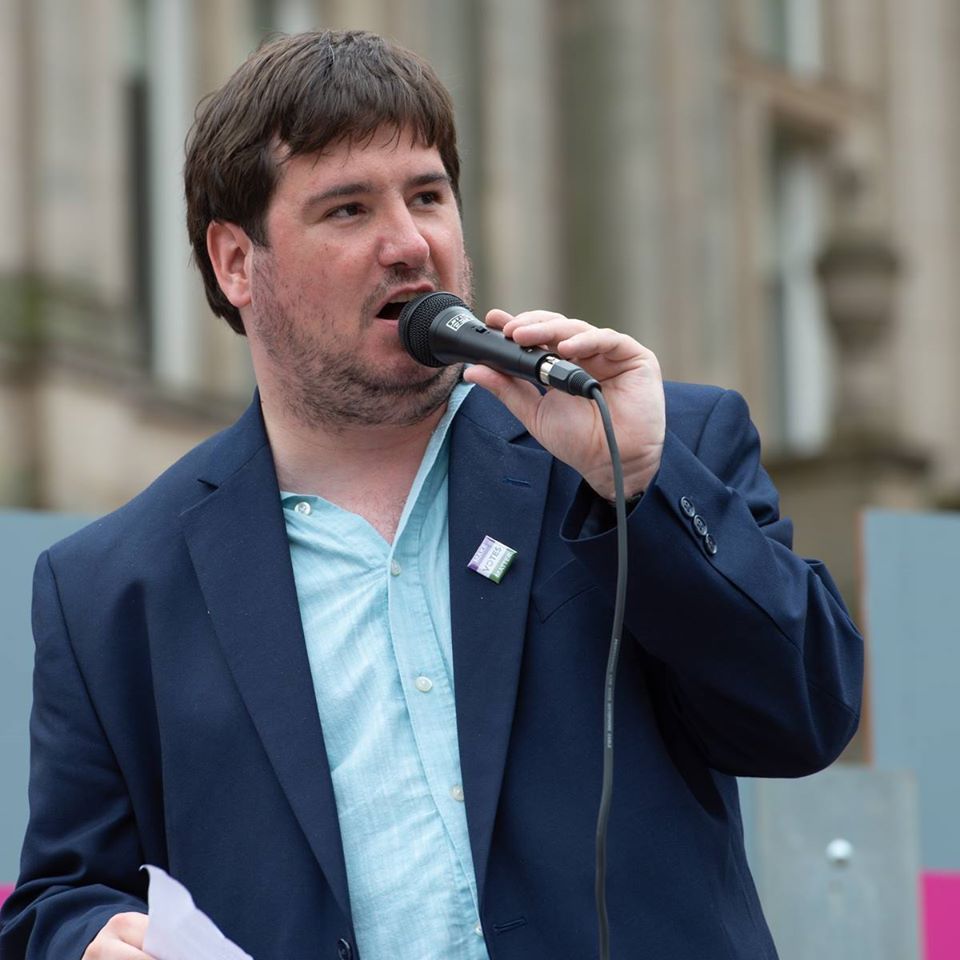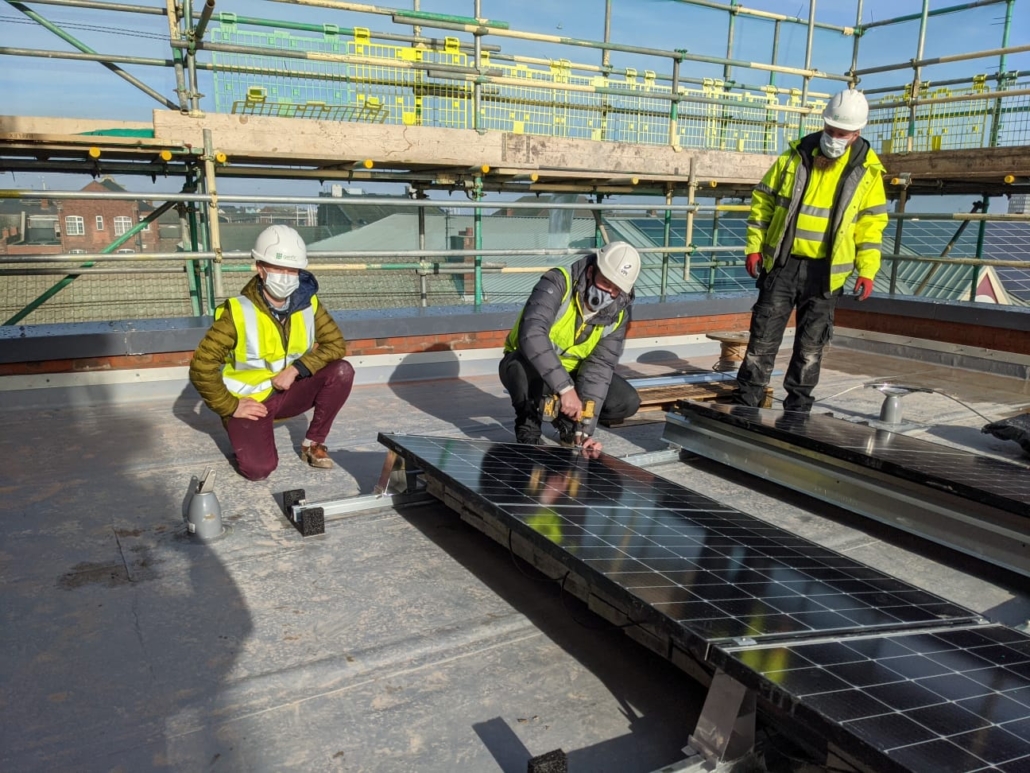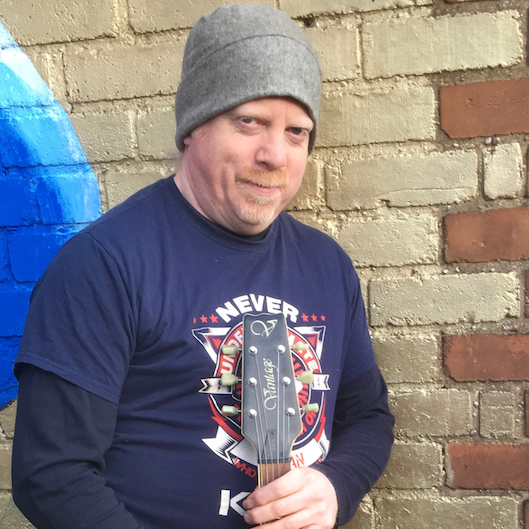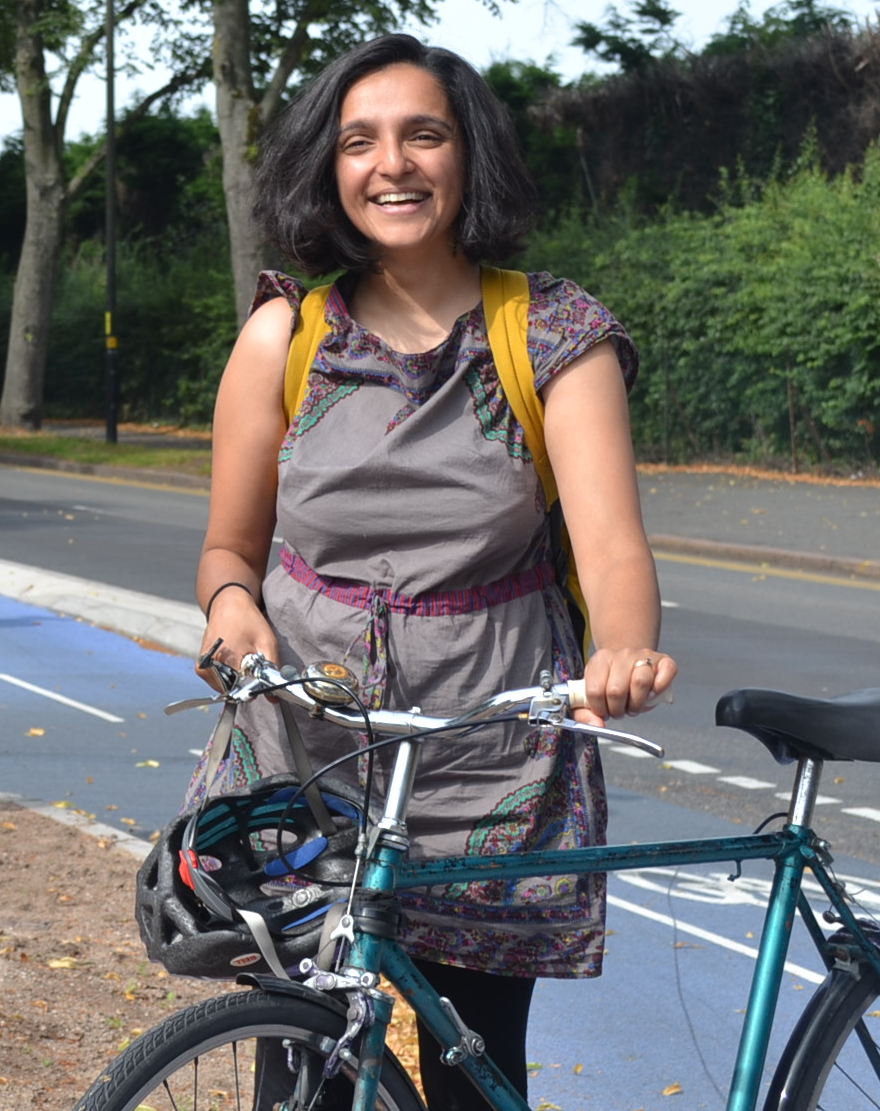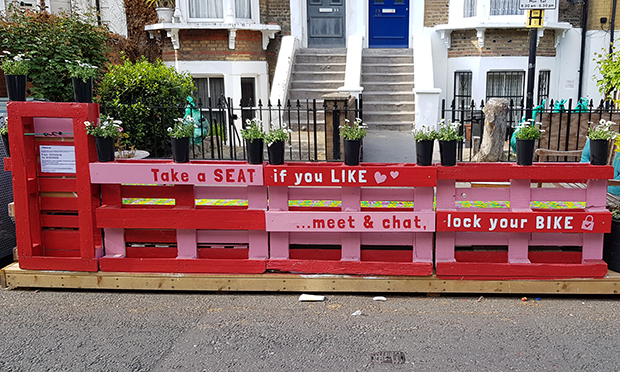Chair of EU Brum Tom Pratt returns to draw on the lessons that he has learned from his many years on campaigning; from reforming our electoral system to Brexit.
I must confess that it’s taken a long time to write this as I feel conflicted about some of the sentiments I will end up expressing- that, and a previous draft quickly became a boring essay about “what I got up to with volunteering.” I’m conflicted because some of my thoughts are contradictory, but, well, here goes. It probably helps that I’m standing for the national council of Unlock Democracy, and in preparing for that, it’s helped me to articulate my thoughts about what I want to achieve, if elected.
When I was young, I was always interested in politics, domestic and international, but it was only in 2010 when I felt angry enough to get involved in the Unlock Democracy campaign Take Back Parliament. From there, I’ve campaigned in referendums and elections; hosted countless meetings discussing the big ideas that could change the world; organised events including a rally in the city centre; gone on marches, spoke at rallies; written a fair few times to my MP… I’m forgetting things, but, again, if I went into detail, then I might as well just write an autobiography. I’ve done and seen a lot, but taking a step back, I feel like I’ve achieved nothing. There have been several massive defeats over the years, and the pendulum feels like it’s shifted in favour of everything I am opposed to: Brexit, First-Past-the-Post, unaccountable government. Meanwhile, the planet burns, America burns, and life generally feels a lot worse- and as Ian Curtis once sang: “I can’t see it getting any better.”
And yet, there are a lot of people that share my frustration at the state of things: Margaret Thatcher once said “there is no alternative”, but she was wrong- for all our sakes, there has to be an alternative. Creating the path to that alternative, though, will take a lot of hard work. I like to think there are some lessons I’ve picked up along the way that apply.
1. All politics is local
I think the major problems I’ve had with campaigning is trying to represent and lead a huge area- Birmingham, for example, is a city of 1.2 million people, with wildly diverse backgrounds. No matter how you campaign on certain issues, you can never reach everybody in the whole city. Trying to achieve smaller goals within certain areas, however, could yield positive results. It’s really about taking on battles you can win. I compare it to a football team playing matches at various venues: a home win, or campaigning in an area where you know people broadly sympathise with your cause, is an easy way to build confidence and test the waters for more difficult ‘away’ campaigning, in most hostile areas.
One interesting success came in 2016 when a minor political party, Independents for Sutton, scored 4 seats in the first ever Town Council elections in Sutton Coldfield, including three in my home ward. Unfortunately, the party got routed 2 years later. IfS did not capitalise on its initial success, and forgot that even at a ward level, there are different communities you need to reach out to and have a message for and a consistent presence.
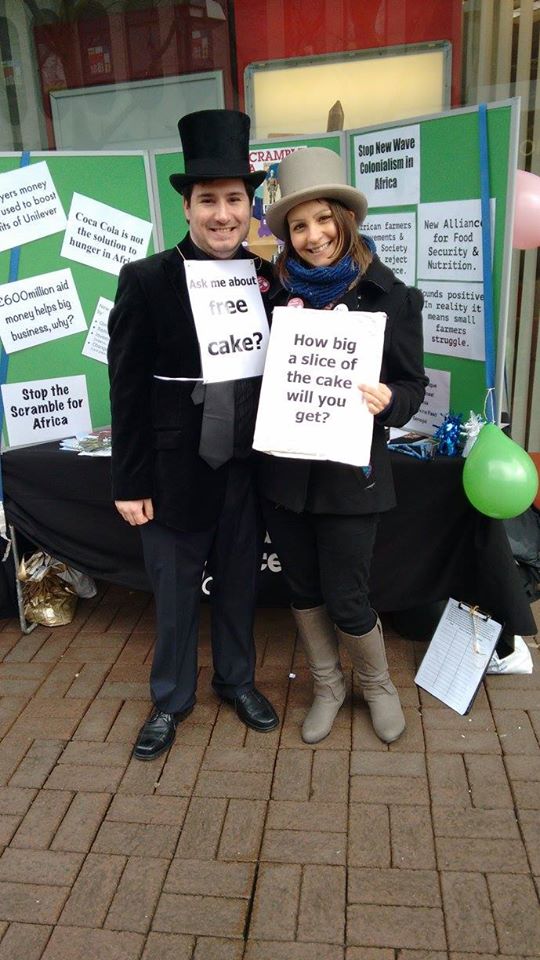
The shining example is Labour’s Rob Pocock, who for years turned out in all weathers on my local high street to talk to everyone about their issues, their lives, their local communities. In 2012, after years and dozens of failed attempts, he was unexpectedly elected to Birmingham City Council, and in 2016 held onto the seat- this was down to his perseverance and never failing to make his voice heard and presence felt. When I was campaigning in 2018, a familiar refrain across Sutton Coldfield was “I wish we had someone like Rob running here.” It just illustrates how local champions will cut through.
2. Messaging needs to be for everyone
The two major referendum campaigns I was involved were both bad-tempered affairs, beset with lies, exaggerations, untruths and disregard for facts. However, one of the key reasons why No to AV, and then Vote Leave won is that their messaging was brilliant- it appealed to an instinct within the supporters they sought to attract, which the Remain and Yes to Fairer Votes campaigns couldn’t do. In fact, both the latter campaigns spectacularly failed. The Remain campaign, even after the referendum was lost, waged Project Fear, and didn’t have any positive messaging about what Britain could achieve as a leading member of the EU. The People’s Vote campaign, led by Open Britain, was utterly frustrating because its main public messaging seemed to focus on a certain thing, and eventually only spoke to the converted. Of course, when it came to the crunch, the whole thing fell apart dramatically, despite having got over a million people out on the streets to march for a People’s Vote just weeks before. The pro-AV campaign had the slogan ‘Make your MP work harder’- in hindsight, this did not make sense, and again, only appealed to a sub-section of society (if that!)
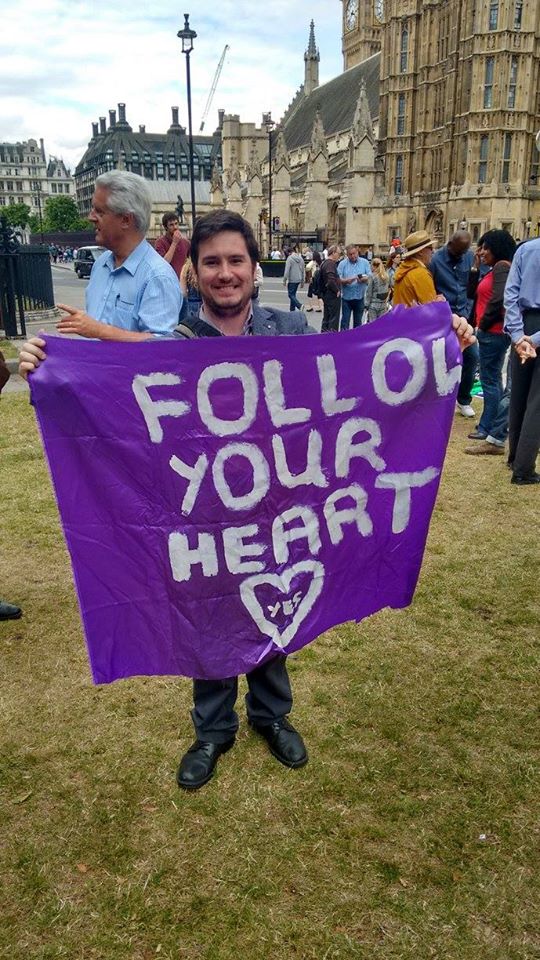
Neither campaign were able to overcome the barrage of financial porkie-pies told by the No and Leave camps: in 2011, it was said that introducing a new voting system would require £250 million to be spent, which was not the case; in 2016, it was alleged the UK sent £350 million a week to the EU. It drives me up the wall that the same tactic got used with great success… and what next? “We spend £450 million a month on looking after prisoners when we could bin the Human Rights Act, bring back the death penalty, and spend the money saved on the NHS”? I just hope I haven’t given anybody any ideas!
But, generally, political messaging needs to stop patronising people and talking down to them. Everyone seems to do it, and it’s just so manipulative. No wonder people are losing faith in politics.
3. Alliances are really important
One of the things I’ve tried to do over the years is to bring people, and organisations together. More than ever, in the linked-in world of 2020, everything is linked up so when an economic decision is made, it ripples into the agricultural sector, financial sector, cultural sector, and eventually right down into the local communities that make up the country. One political decision has an impact on more than just that particular policy or department. It’s therefore really important that civil society organisations work together, even if it’s immediately obvious how things link up.
A really good example concerns the Lobbying and Transparency Bill of 2014, which the Coalition government put through- it became known for good reason as the Gagging Law, because effectively it silences the contributions of charities and other organisations at election time. 38 Degrees brought me and two other individuals together to explain our concerns to our MP- whilst the one gentleman eventually ended up joining IfS after being a staunch Conservative for years, the other man, a retired army officer, told me of his belief that the UK ought to be ruled by a military government. It illustrated that despite our varying perspectives on life (and government), we all saw a common threat. We know that we need more of this kind of action- Extinction Rebellion, for example, correctly point to political and economic structures being a major obstacle to tackling climate change; it’s really important therefore that groups like Unlock Democracy work with XR to illustrate how change could be made to the benefit of everyone.
OK, I’ve waffled a bit, but I’m always happy to have a debate about how we achieve these, and whether there’s other important lessons I am missing out. The Coronavirus crisis is terrible, and has exposed the failings of governments worldwide, but it also provides an opportunity to reshape our world into one which truly works better for everyone.

